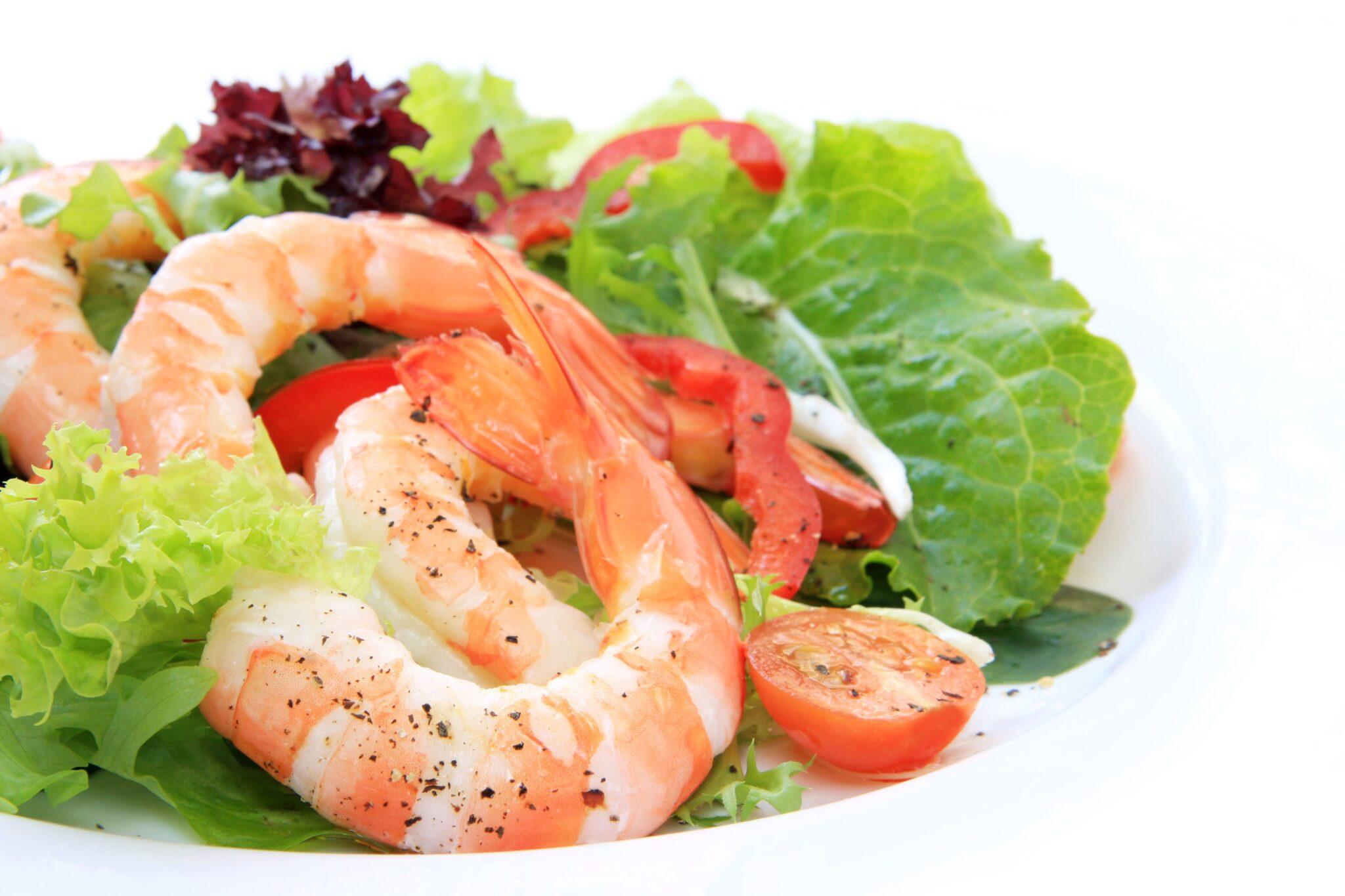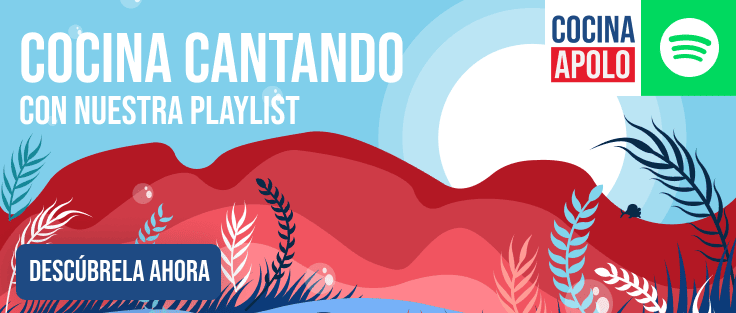Seafood, a marine fruit loved by many in gastronomy. It encompasses a large number of small edible animals, such as crabs, shrimps and prawns. Seafood recipes are not only extremely delicious and easy to prepare, but you would also be surprised by the amount of benefits, properties and nutrients that seafood brings to diets.
Seafood properties
In the previously mentioned seafood, and many others not so popular, there are a lot of valuable nutrients, vitamins and minerals for our body. Seafood in the preparation of your daily menu contribute to the proper functioning of your entire body, from the nervous system to the muscles. So we can say that seafood is a source of health.
The presence of vitamin E in them makes them antioxidants, their high content of vitamin B and folic acid prevents anemias, and helps you to improve your vision and take care of your skin thanks to vitamin A. As for minerals, they contain magnesium, sodium, potassium, iron, iodine and calcium.
Keep in shape by eating seafood
In addition to all their properties and benefits, seafood is high in fiber and protein, and low in calories and fat content. It is estimated that for every gram of seafood you eat, you are only consuming one calorie. This means that you could easily eat 100 grams of shrimp or clams, the ideal amount for one person, without feeling guilty.
However, it is advisable to take into account their type of preparation to get more healthy benefits from seafood and thus be able to lose weight. We advise you to avoid frying them, preparing them with sauces or accompanying them with foods such as pasta or rice, since combined they have too many calories.
Seafood consumption
When is it not advisable to eat it? There are urban myths regarding seafood consumption. Many years ago it was believed that they could not be eaten during the months without the letter “r” in their name, i.e. May, June, July and August. But that is only because at that time there were no proper preservation methods and they were the hottest months of the year, so they were easily damaged.
Nowadays there are no problems with their preservation, but never eat them raw, as they could have bacteria or parasites that die when exposed to the heat of your kitchen fire. So you can eat them all year round, even if you are sick or pregnant, as long as they are well washed, preserved and cooked.





